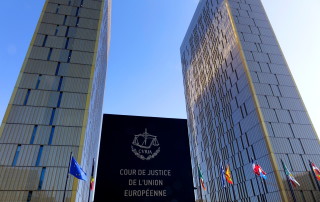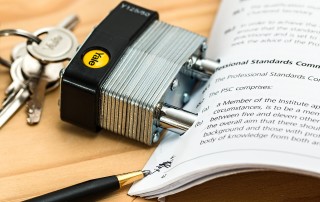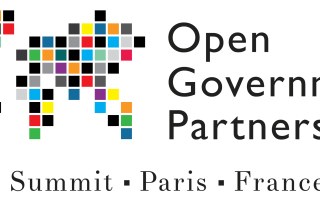EMPODERANDO AL PERIODISMO A TRAVÉS DEL DERECHO DE ACCESO A LA INFORMACIÓN
EL MANUAL ‘LEGAL LEAKS’ AYUDA A PERIODISTAS A OBTENER
INFORMACIÓN USANDO LAS LEYES DE ACCESO A LA INFORMACIÓN
Why is the right of access to information important for journalism?
A Guide for Journalists on How to Access Information
The Legal Leaks Toolkit, developed by Access Info Europe and n-ost, helps journalists access information using Access to Information laws. The Toolkit is available in a generic international version and can be adapted to the legal framework of any country. The existing national versions, translated into local languages, are available below. You can also read more below about our training programme and about how to contact
the Legal Leaks Help Desk.
Why do media experts think access to information is important?
Journalists, activists, and media experts speak about the importance of access to information in their daily work. Watch all interviews here!
That little detail in the relationship between journalists and sources, that little one, is so important that could change the way in which we tell stories.
It is extremely important that there is this mechanism that you can use as a journalist to say «Hang on a minute, you need to give us this, because we have a right to know».
It’s a great way to get stories, it’s a great way to fin out what governments in particular are doing, it’s a great way to find out where money goes, it’s a great way to prove accountability.
The right of access to information is very important for the journalists’ work; it’s important for everyday work, but it’s even more important for investigations.
Journalism is about investigation, it’s about asking questions; but it’s about documents as well, as a proof for questions, as a proof for answers
Basically, I need access to information to do my job as someone who is supposed to ensure the accountability of politicians, of public officials.
Cover photo: European Parliament via Flickr (CC BY-NC-ND 2.0)
ÚLTIMAS NOTICIAS SOBRE EMPODERANDO AL PERIODISMO
Access Info impugna ante el Tribunal de Justicia de la Unión Europea el secretismo de la Comisión con el asesoramiento jurídico sobre el acuerdo UE-Turquía
Madrid, 2 de diciembre de 2016 – Access Info Europe lleva a la Comisión Europea ante el Tribunal de Justicia de la Unión Europea (TJUE) para obtener el análisis jurídico que recibió esta institución sobre el controvertido acuerdo UE-Turquía sobre la devolución de refugiados a Turquía. El acuerdo del 18 de marzo de 2016 – oficialmente, una “declaración”, y que
Jornadas sobre Comunicación y Transparencia
Fecha: 1 y 2 de diciembre 2016 Lugar: Facultad de Derecho de la Universidad Alcalá, Alcalá de Henares, Madrid
Europe: access to information in practice, not just on paper
[Article first published by the Osservatorio Balcani e Caucaso] Long established and widely recognized, the right to access to information is severely curtailed in many European countries due to deficient implementation of existing law In case you missed it, this year marks the 250th anniversary since the world’s first transparency law was adopted, in Sweden in 1766. At a quick
La Coalición Pro Acceso pide un mayor compromiso con el Gobierno Abierto en España
Madrid, 24 de noviembre de 2016 - Miembros de la Coalición Pro Acceso piden al Gobierno de España un mayor compromiso con la Alianza para el Gobierno Abierto (OGP en sus siglas en inglés), empezando por informar sobre la marcha del proceso de elaboración del tercer Plan de Acción de España y garantizando la presencia del Gobierno en la próxima
Visita de la Defensora del Pueblo de la UE
Fecha: 30 de noviembre a las 12:30h Lugar: Sede del Consejo de Transparencia y Buen Gobierno, Madrid
Mesa redonda sobre Transparencia y Buen gobierno
Fecha: 28 de noviembre 2016, a las 16:00h Lugar: Instituto Nacional de Administración Pública



